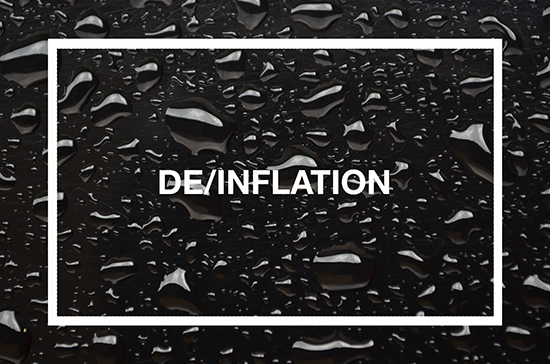EU inflation lows to 2.1% in September, Czech Republic Sees Increase
Inflation across European Union countries slowed to 2.1% in September, down from 2.4% in August, according to a report released today by the European statistics office, Eurostat. However, the Czech Republic bucked the trend, with inflation rising to 2.8% from 2.4% in August. The data, harmonized to fit the EU’s calculation methodology, differs from figures released by the Czech Statistical Office (ČSÚ).
In the eurozone, inflation also eased, falling to 1.7% in September from 2.2% in August. This was slightly lower than Eurostat’s initial flash estimate, which had placed inflation at 1.8%. On a month-on-month basis, prices fell by 0.1% across both the eurozone and the EU as a whole in September. In the Czech Republic, prices decreased by 0.5% compared to August.
Looking back a year, inflation was much higher. In September 2023, EU inflation stood at 4.9%, while the eurozone recorded 4.3%. The inflation rate in the Czech Republic was significantly higher at 8.3% at the same time last year.
Among EU nations, Ireland reported the lowest inflation in September at 0%, followed by Lithuania with 0.4%, and Slovenia and Italy at 0.7%. Conversely, Romania recorded the highest inflation at 4.8%, followed by Belgium with 4.3% and Poland at 4.2%.
Of the 27 EU countries, annual inflation dropped in 20, increased in five, and remained unchanged in two between August and September.
In the eurozone, services were the biggest driver of annual inflation, contributing 1.76 percentage points. This was followed by food, alcohol, and tobacco, which contributed 0.47 points, and non-energy industrial goods, which added 0.12 points. Energy, meanwhile, helped curb price growth with a negative contribution of -0.60 percentage points.
According to the ČSÚ, inflation in the Czech Republic reached 2.6% in September, compared to 2.2% in August. This increase was primarily driven by rising food and fuel prices, according to the office.
Source: Eurostat, ČSÚ and CTK








